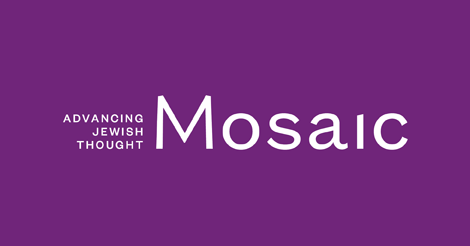When and why did they start? And why not earlier? Of course they require literacy, but I don’t see why ancient scribes and educated nobles couldn’t have been using TLAs since Babylonian times.
SPQR is the oldest I’ve heard of, but I’m unclear to what extent it was actually used in ancient Rome. I’ve heard most instances seen in Rome today date to the Fascist era. There’s the text on the Pantheon, but that is more like abbreviations, I think, than acronyms.
Muslims today say (PBUH) when referring to Mohammad, but I don’t know how long they’ve done that. The ampersand (&) and various English name abbreviations (like Wm, Jno. and Jos.) are the closest thing I can think of in the early modern era. But of course they’re abbreviations, not acronyms.
Then you have to wait until around the 20th Century, when acronyms suddenly exploded in popularity, especially around WWII. ASAP, FUBAR, MGM, FBI, ASCAP, NAACP, AFL-CIO, etc.
To be honest, I’m a little unclear when “USA” became common. My impression is that, prior to the 20th Century, it was usually spelled out in words. But “US” by itself was common earlier (though I believe it’s a myth that that is where the dollar sign $ came from?), on military uniform insignia and buttons I think.
Can the teeming millions help me map out this historical development a little better? And help explain why it happened when it did, but not earlier or later? Does it depend on language and culture, or was it due more to technological development? Seems to have exploded around the time paper and paper-based information technology became cheap and mature. And of course kept right on steamrolling once computers took over.
